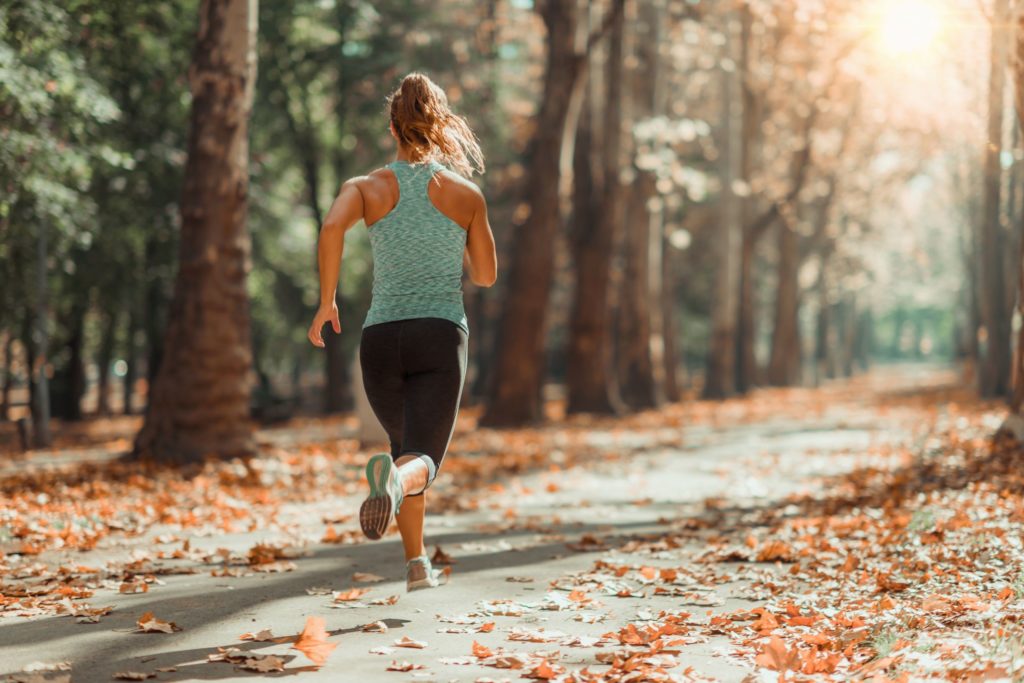
Running can be an invigorating hobby that enables you to stay active while improving your cardiovascular health, building your strength and endurance, and boosting your mood. Although it’s fun and fulfilling, running can definitely take its toll on your joints and other areas of your body in numerous ways.
How Running Affects Your Joints: The Basic Concepts
Knees
Runners often notice popping or crackling sounds in their knees when they walk or descend flights of stairs, and that has to do with cartilage wearing away. Cartilage is like lubrication for your knees; it helps the kneecap move properly and smoothly. Over time and with age, this cartilage starts to wear away naturally. The results can be more pronounced in runners, possibly leading to arthritis later in life.
To minimize the impact running has on your knees, focus on strengthening your thighs and muscles that control the hips and knees. Also work on keeping the lower half of your body in alignment while you’re running, walking, or participating in other daily activities.
Ankles
In addition to the typical wear-and-tear on ankles, those who run outdoor trails are also concerned about stepping on rocks or other uneven surfaces that may lead to a sprained ankle.
Strengthening your calf muscles may help protect your ankles. Agility and balance exercises can help as well so your body will be better prepared to handle whatever surprises lie ahead.
Hips
Runners may also experience hip discomfort due to flexor strains, tendinitis, fractures, or arthritis.
General hip pain prevention includes strengthening your hip flexors with exercises such as leg lifts. If you have been injured or experience recurring strains, you should see a sports medicine specialist.
Shoulders
Being tense during a run can impact the muscles in your shoulders, leading to temporary pain that lingers for several hours afterward.
Shoulder pain may be prevented by stretching before you put on your running shoes. Try range-of-motion exercises such as shrugging your shoulders and tilting your head up-and-down and side-to-side to stretch your shoulder muscles beforehand.
How Sports Medicine Can Help
The above discussion is a basic description of how running affects your joints. Sports medicine specialists can give you a thorough examination and suggest more detailed methods of strength and injury prevention training. With proper protection and form, individuals can reap the benefits of running without the negative consequences.
For more information about how UnaSource Surgery Center’s robust sports medicine and orthopedics service can help you alleviate existing pain and protect yourself while running, contact us at uscinfo@ecommunity.com.
